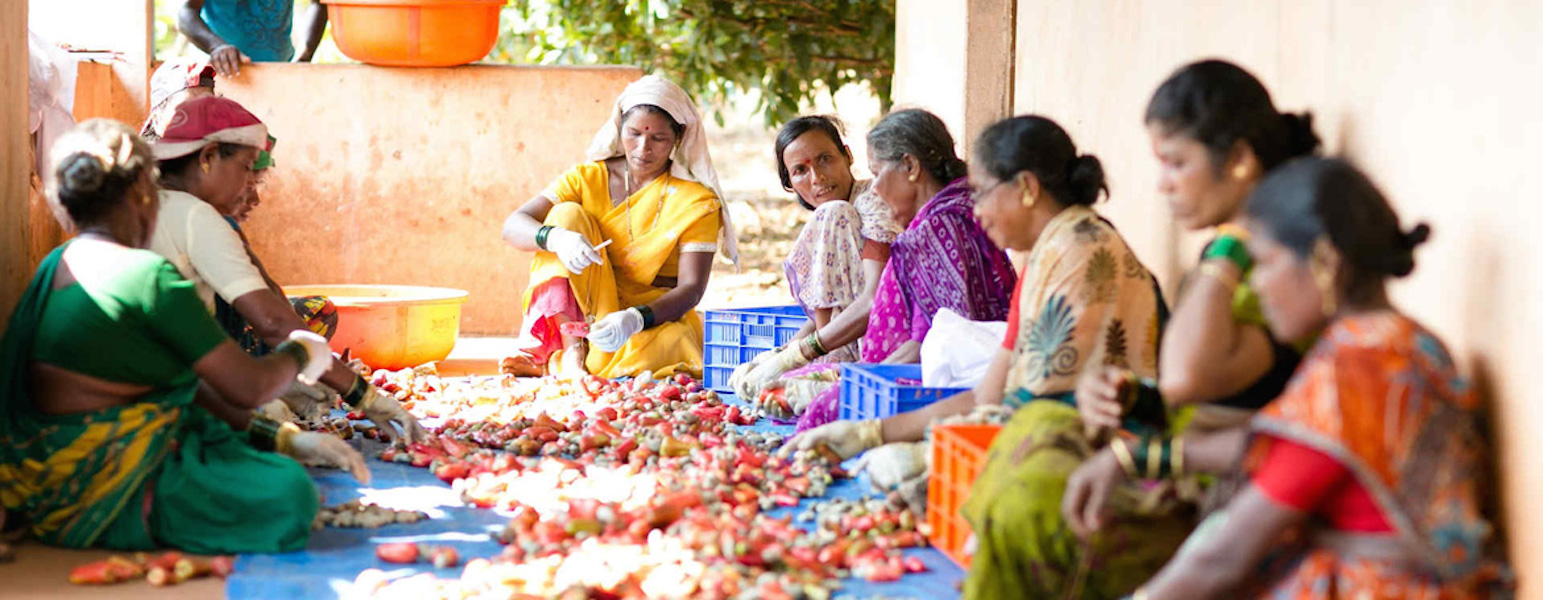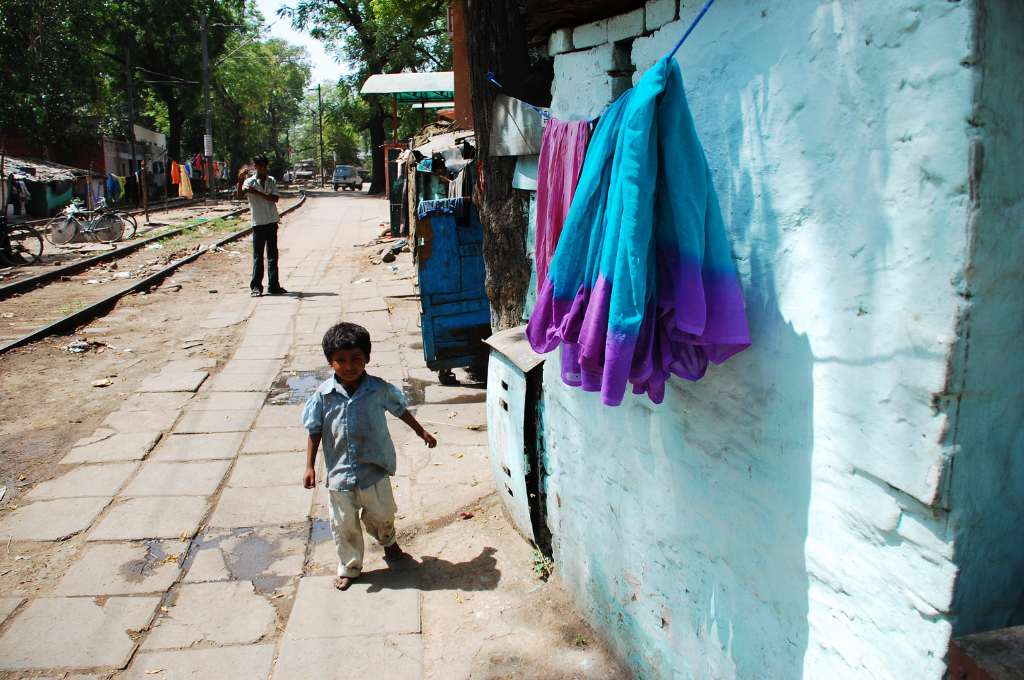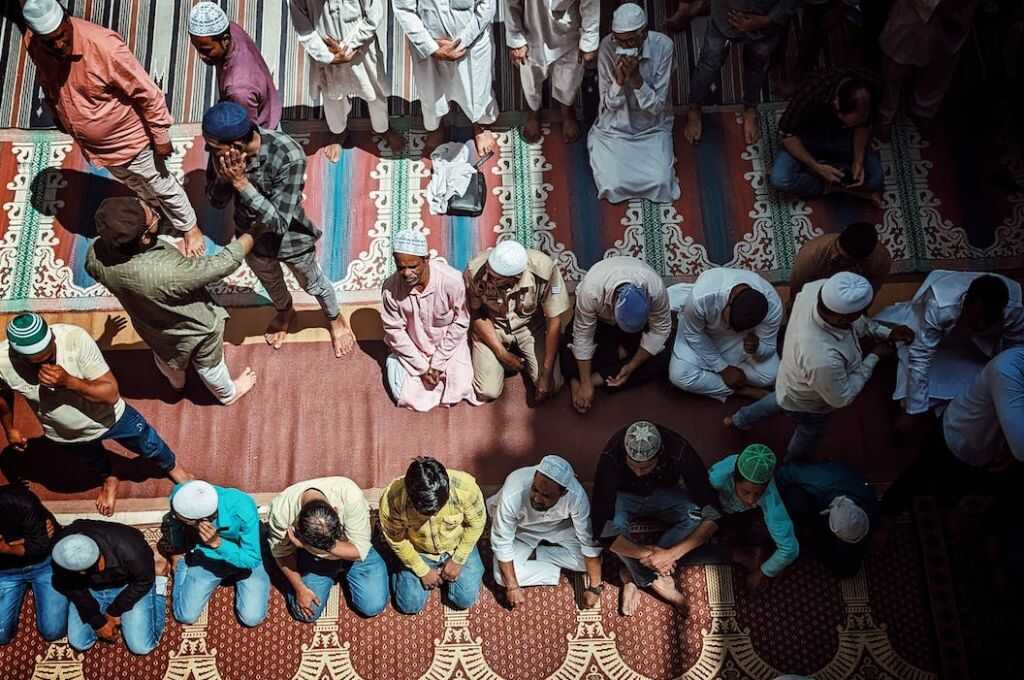The flip-flops in India’s child nutrition policies are nowhere better exemplified than in the recent decision of the Maharashtra government to issue a tender for the supply of fortified ready-to-cook pre-mixes for feeding children, aged three to six years, in rural anganwadis.
Maharashtra has, for many years now, outsourced the supply of take home rations (THR) for mothers and children below the age of three years to so-called Mahila Sansthas that in turn have subcontracted this work to private manufacturers in the state and outside.
With the tendering for ready to cook pre-mixes, Maharashtra is turning the clock back on the important Supreme Court (SC) decision of 2004 that mandated state governments to serve hot cooked meals prepared by women self-help groups, or similar locally based women’s organisations, to children attending anganwadis.
What does this imply for the ICDS* supplementary nutrition programme and what are its likely ramifications?
Quality of food supply is the first and most important concern.
It is difficult to take at face value the tender stipulations that quality checks will be carried out by the supplier organisation at in-house laboratories. Nor can one take comfort from the provision for quality checks at independent laboratories ordered by the ICDS Commissioner. Public laboratories in India are notorious for delays in furnishing reports, enabling defaulters to get away.
The 2012 report of the SC Right to Food Commissioners to the SC highlighted the poor quality of THR supplies in Maharashtra. However, despite complaints about poor THR quality, no action has ever been taken in the past against politically powerful suppliers, either in Maharashtra or other states. In any case, public laboratories in India are notorious for delays in furnishing reports, enabling defaulters to get away.
[quote]Despite complaints about poor THR quality, no action has ever been taken in the past against politically powerful suppliers, either in Maharashtra or other states.[/quote]
There is also the issue of whether pre-mixes supplied to children will be as nutritious as hot cooked meals, apart from the question of palatability. Even adults who use pre-mixes to quickly rustle up upma or sheera at home will testify that the pre-mixes’ taste is nowhere close to that of items prepared from fresh natural ingredients.
With a provision of only INR 6 per child per day, there is also the very real apprehension that the suppliers will be tempted to compromise on quality to maintain their profit margins.
Quantities of pre-mixes supplied to anganwadis, and used for meal preparation, will be the next issue.
At one time, probably about four decades ago, states such as Maharashtra and Gujarat set the standard for efficient, responsive administration. Unfortunately, these states too have degenerated in administrative efficiency and probity to the levels of their counterparts in northern and eastern India. The travesty that represents ICDS nutrition supplies in Uttar Pradesh has been well documented.
When the then Minister for Women & Child Development, Government of India pushed for commercial supply of food items in the ICDS in 2008, it did not meet with the approval of the Cabinet Committee on Economic Affairs (because it would open the doors to large-scale corruption).
[quote]There is no mention in the tender document of social accountability through monitoring of supplies and service delivery by village level institutions.[/quote]
The apprehensions of poor programme delivery are amplified by the top-down approach adopted in this tendering system. There is no mention anywhere in the tender document of social accountability through monitoring of supplies and service delivery by village level institutions like the gram panchayats, their health and nutrition committees and mothers’ groups, let alone their involvement in the process of meal preparation.
As one who was involved with the ICDS in Maharashtra through the first decade of this millennium, I can vouchsafe for the beneficial multiplier effects of involving local bodies from the Zilla Parishad to the Gram Panchayat, as well as local communities, in the management of child nutrition. In the present scenario, the pre-mix will be distributed from the project to the anganwadi, with no check on whether the right quantities are reaching the anganwadi.
Related article: Taking the long-term view on adolescent health and well-being
Stipulations within the tender raise questions around corruption and the concentration of production among a handful of large players.
What is disturbing about the tender are the numerous conditions which straight away disqualify smaller groups from participating in the supply of nutrition to children. Although the tender document specifies that only women self-help groups, Mahila Mandals, Mahila Sansthas and village communities are eligible to bid, the requirements to be fulfilled by the successful bidder rule out the possibility of the tender being awarded to any small group.
There are onerous conditions regarding the high annual turnover needed to qualify, the need for a functional and operative licensed manufacturing unit and an in-house testing facility to test the quality of the premix. The three Mahila Sansthas that were awarded the THR contract had leased facilities for THR production from private agro-companies; ownership and operational control of the Sansthas as well as the companies were vested in the same family.
[quote]Ultimately, the issue boils down to whether government funds of about INR 2,500 crores should be channelled to a few organisations with, if previous experience is any guide, links to private producers.[/quote]
With the present tender also permitting the participation of Mahila Sansthas, there is ample scope for the same stratagem being employed to circumvent the SC rulings on contractors and private suppliers.
From an equity viewpoint too, the concentration of production in a few organisations denies economic benefits to a very large number of rural women’s groups, which earn their daily bread through the preparation of meals for children.
Ultimately, the issue boils down to whether government programme funds of about INR 2,500 crores should be channelled to a few organisations with, if previous experience is any guide, links to private producers.
Related article: Why does undernutrition persist in India’s tribal populations?
Other states are adopting more equitable and empowering solutions
The move of Maharashtra to premix supplies comes at a time when other states are innovatively experimenting with public systems to improve nutrition supplies to mothers and children.
Karnataka has introduced eggs and milk in the daily diet for 3-6 years children, Orissa is promoting the cultivation of local millets and Chhattisgarh has improved its public distribution system to ensure regular food grain supplies to families.
As the foregoing discussion brings out, this policy serves neither the ends of efficiency (given the scope for possible quality and quantity aberrations), nor those of equity (concentration of supply in a few hands) or empowerment (with no role for participation of local governments and communities). Whether such a policy behoves a land that is the karmabhumi of Shahu Maharaj, Jyotiba Phule and Babasaheb Ambedkar is the question that ought to concern us today.
*ICDS (Integrated Child Development Services) is the largest programme in the world devoted to the care of pregnant and nursing mothers and children under six years of age.





